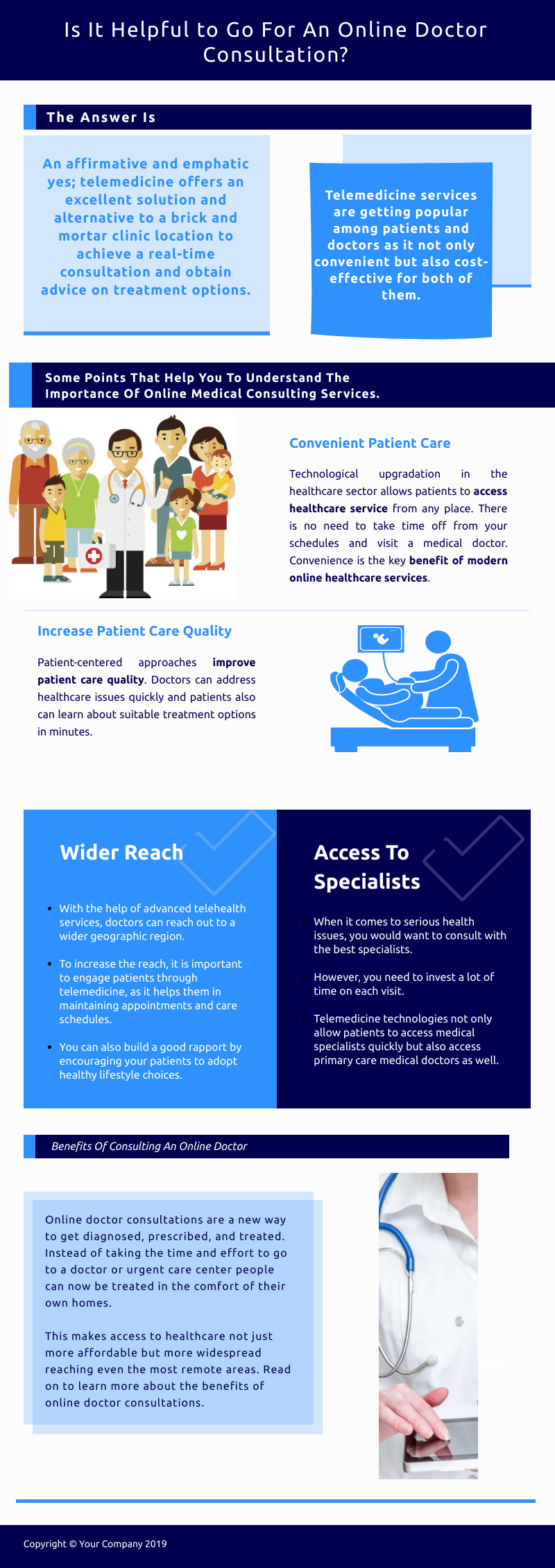Online Therapy With A Psychologist: How Does It Work?
Online treatment methods have made huge strides in recent years. Psychology Today has also been offering online therapy for some time. But can something as complex as treatment be done via the internet? And if so, what do you have to take into account? Focus here
Looking back
Just like everything that has to do with the internet, online treatments (e-health) have also changed a lot in recent years. In the past, health was little more than going through fixed modules, to which you then received feedback or not from a practitioner via messages or video calls.
Sometimes very helpful, but not much more advanced in content than the old-fashioned self-help books. It is often more fun, however, because these modules often also contain videos and animations. It is also clearer when you have completed apart and you get reminders if you leave it too long. These are all things that increase motivation.
Effectiveness
Research shows that these “old-fashioned” e-health interventions are also effective. Most studies have been done on people with anxiety and mood problems. Self-help modules are better than doing nothing, and it is even better if the module is supervised by a therapist. The effectiveness of the treatment is in some treatments equal to that of a face to face treatment.
However, most studies have been done with people with so-called “single” problems and the treatments were short-term. In the Netherlands, this is the population of primary care or the generalist basic mental healthcare. There are no good studies into the effectiveness of e-health in secondary care (specialized mental health care), so for people with more complex problems.
Development
The treatment platforms that offer e-health are quickly developed and nowadays it is much more possible to tailor-make a treatment. The therapist and client decide together what is needed, work on it, and adjust the direction of the treatment if necessary.
So you are no longer bound to rigid treatment modules; demand-oriented and flexible working. You can also often involve people from your environment in your treatment. They will then receive separate login details and can participate.
Benefits
Many clients find it an advantage that they can work on their recovery in their environment. Online treatment saves them (travel) time and ensures that they can start their treatment at a time that suits them. So they are no longer dependent on the working hours of the psychologist.
Also, there may be other reasons why people don’t go to a psychologist’s practice or institution quickly, such as shame. This does not apply to online treatment.
Conditions, success and failure factors
There are several factors that you have to take into account. A person who follows an online treatment must be sufficiently handy with devices (computer/smartphone/tablet) and must not be in a crisis. Just like in a face to face treatment, the therapist must assess whether the treatment methods available to him suit the client’s complaints and goals.
It also helps if you can easily express your feelings in writing, you usually find it easy to be open online, have confidence in online treatment, and are motivated to do so. Problems surrounding concentration, planning, and forgetfulness can be disruptive, but not necessarily. Discuss it with your practitioner.
Also, consider whether there are people in your area who can support you with this treatment. Finally, it is important that the practitioner and the client both estimate that a good working relationship can develop and that you discuss expectations with each other.
Comments
There is a lot of pressure on mental health care by the government and health insurers to start working with e-health. An important argument is that it would be cost-effective because it takes less time. My own experience is that if you as a practitioner want to tailor a good treatment and pay attention to your feedback, you spend about the same amount of time on the treatment as face to face.
Furthermore, I think that online treatment is sometimes touted too enthusiastically, while it does not work for everyone. If this way of communicating does not suit the client or the practitioner, I do not believe that e-health is effective. That is why there is no point in “imposing” it from above as a permanent part of treatment in GGZ. All the more since the effectiveness study, in particular in specialized mental health care is still inadequate.
Online treatment is certainly not a “quick fix”; change takes effort and time. I hope that clients and practitioners can use their wisdom and enter into it only if they both think it adds something. Then, because of the above-mentioned benefits, it can bring a lot!










































